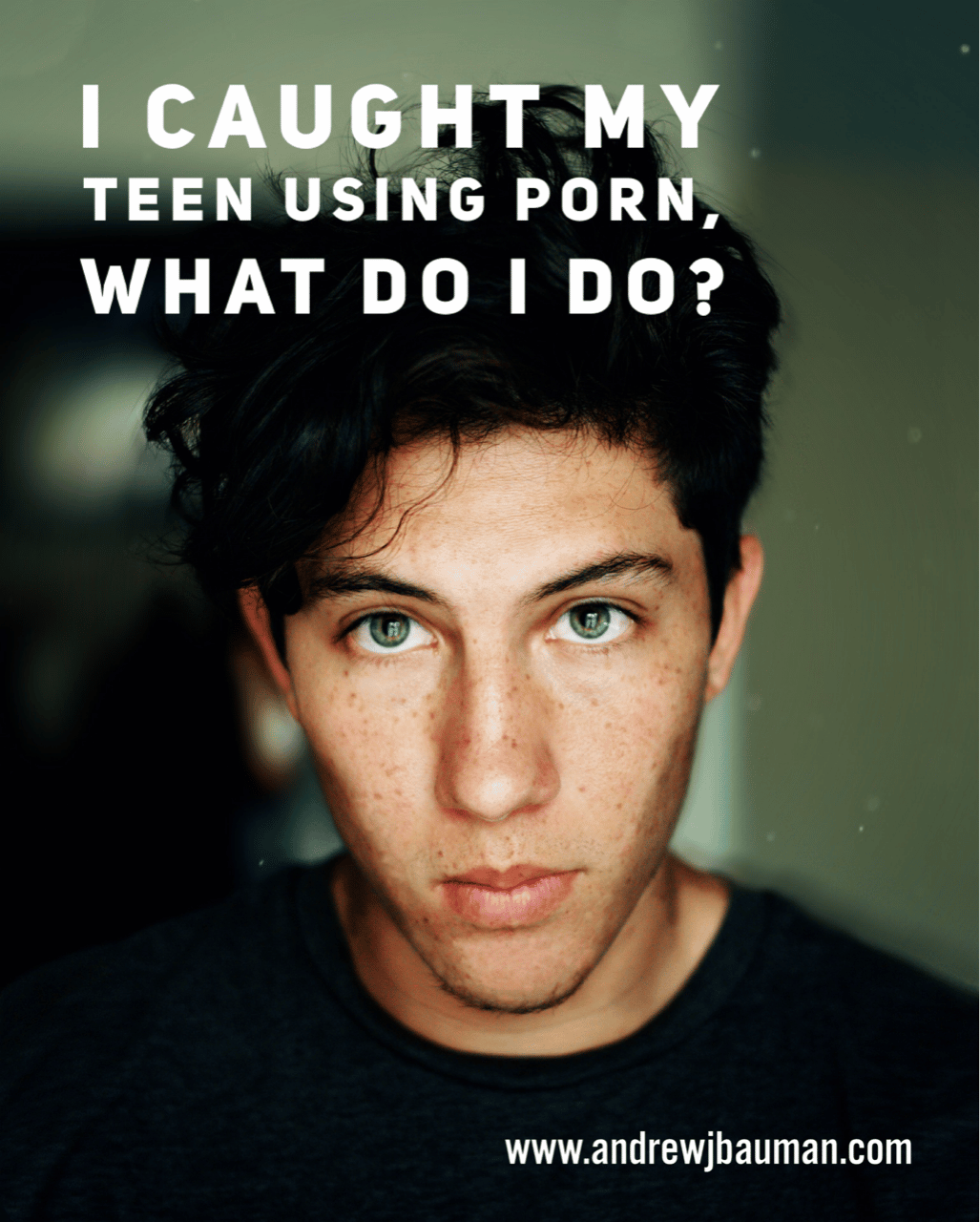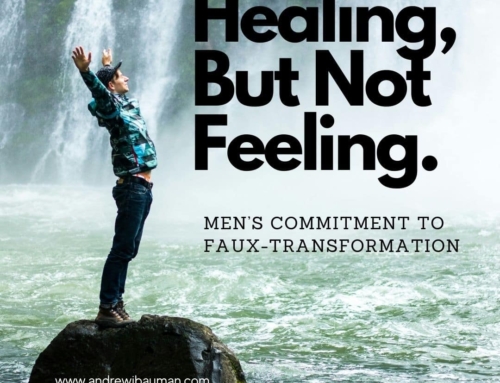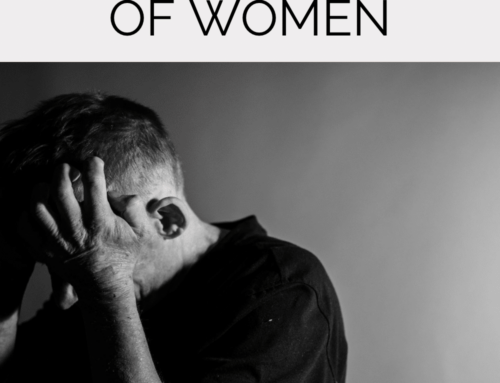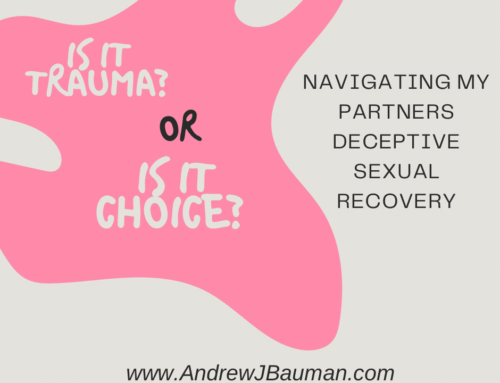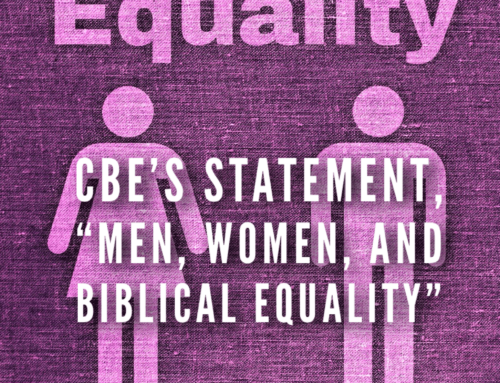A common question I get asked weekly is, “What do I do—I caught my teenage son looking at porn?” I intend to write the book, The Sexually Healthy Teen, but until then, let’s talk about some helpful categories to engage your teen after porn exposure.
First, make sure your own sexual wounding doesn’t cloud the way you engage. Meaning, discovering porn on your son’s device may bring up all sorts of feelings inside of you. Maybe the betrayal of your husband, your own story of childhood sexual abuse, feelings of guilt or failure as a parent. These are your feelings and you must address them first so as not to project them onto your child. This doesn’t have to take long; it may be as simple as writing out the prompt, “What is coming up for me is…” and taking time to journal beforehand. What you want to do is to make sure you are aware of yourself so as not to cause harm, and come to this topic with centeredness and wisdom rather than reactivity and pain. Projected reactivity and pain than cause further isolation in the teenager and convince him that you are not a “safe” place to talk about this when that is exactly what he needs most.
I remember as a teenager, I was being silly with my neighborhood friends and we were dressing up in my mom’s dress and filming ridiculous commercials. We thought it was hilarious, laughing deep belly laughs. I remember walking out into the kitchen to show my mom how funny we were being, and her face immediately changed to horror. I was so confused. I responded, “Mom, you have to see these hilarious commercials we are creating.” With lips pursed and a stern voice, she retorted, “Take off that dress now!” What I wanted was for her to join me in my laughter, to connect with me. There was nothing sexual or unhealthy with what we were doing; we were just kids. Years later, I realized that my father had just gotten caught cheating on my mom with men. Her biggest fear was that I would end up like him, and being playful in a dress brought up that intense fear in her body that she had not dealt with, and she made me pay for it. Instead of joining me in an innocent, playful, and potential moment of connection, she “shamed” my playfulness as unnatural. I remember no longer playing that game after that and hiding anything from her that I could potentially be shamed for.
Second, shame is not a helpful way to engage. If our motivations are to help young people attain healthy sexuality by shaming them into health, we have a long way to go because shame is a terrible motivator. If shame is used, it just pushes teens into awful patterns of hiding, deeper unhealthy sexuality, and misplaced desire. Shame drives sexuality underground, when the truth is, more and more it must come into glorious light. Sex is fabulous and beautiful, and as parents, we must have the courage to enter into its terror and beauty with more curiosity, integrity, nuance, and wisdom. Healthy sexuality, goodness, and beauty are the best motivators to grow into mature sexual beings.
Lastly—Talk about it! Bring up the topic. It may feel strange at first, but the more you talk about it, the more it is normalized and the easier and more comfortable for both of you it will become. Remember, it’s best to talk about sex a lot, not just as one massive birds and the bees talk, but 1,000 one-minute conversations. We must take away the stigma of sexuality, shame, and hiddenness. Our teenagers can read us better than we can read ourselves, meaning, they will know if you are uncomfortable with the topic of sexuality and attempt to protect you from talking about it. They will know if you are being inauthentic and more interested in secret-keeping and trying to protect them than being real with them. They respect “realness,” meaning being truthful and true to self. Now, keep in mind, they are not to be your therapist or confidant to your own issues, as you must have other support systems, but you can be authentic without burdening them in an improper way. An example of this would be, “Son, in times past I have failed you, about talking about sexuality. I was scared, because of my own story, and I chose to say nothing at all. I was wrong, I am so sorry. I am committed to talking with you more about sexuality, pornography, and our bodies. You may feel uncomfortable but I know it’s a tough world out there and I want to be a safe person for you to process how to be sexually healthy.” Something to that effect could be a helpful humble start to bringing up what so desperately needs to be brought to light.
To wrap things up, I just want to add that it’s not your fault that your teen is growing up in a pornified society that is built on the subjugation and objectification of women. It’s never too late to parent them and to share your beautiful, fragile, yet strong heart with your teenager.
